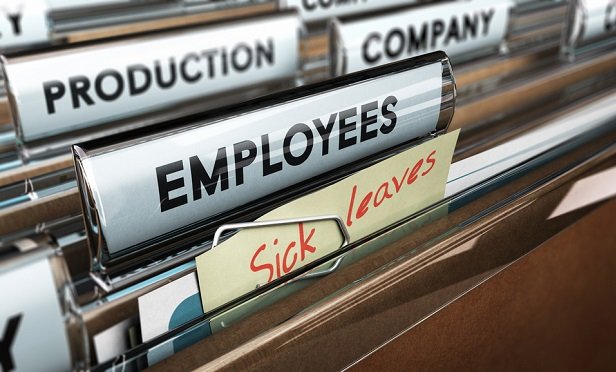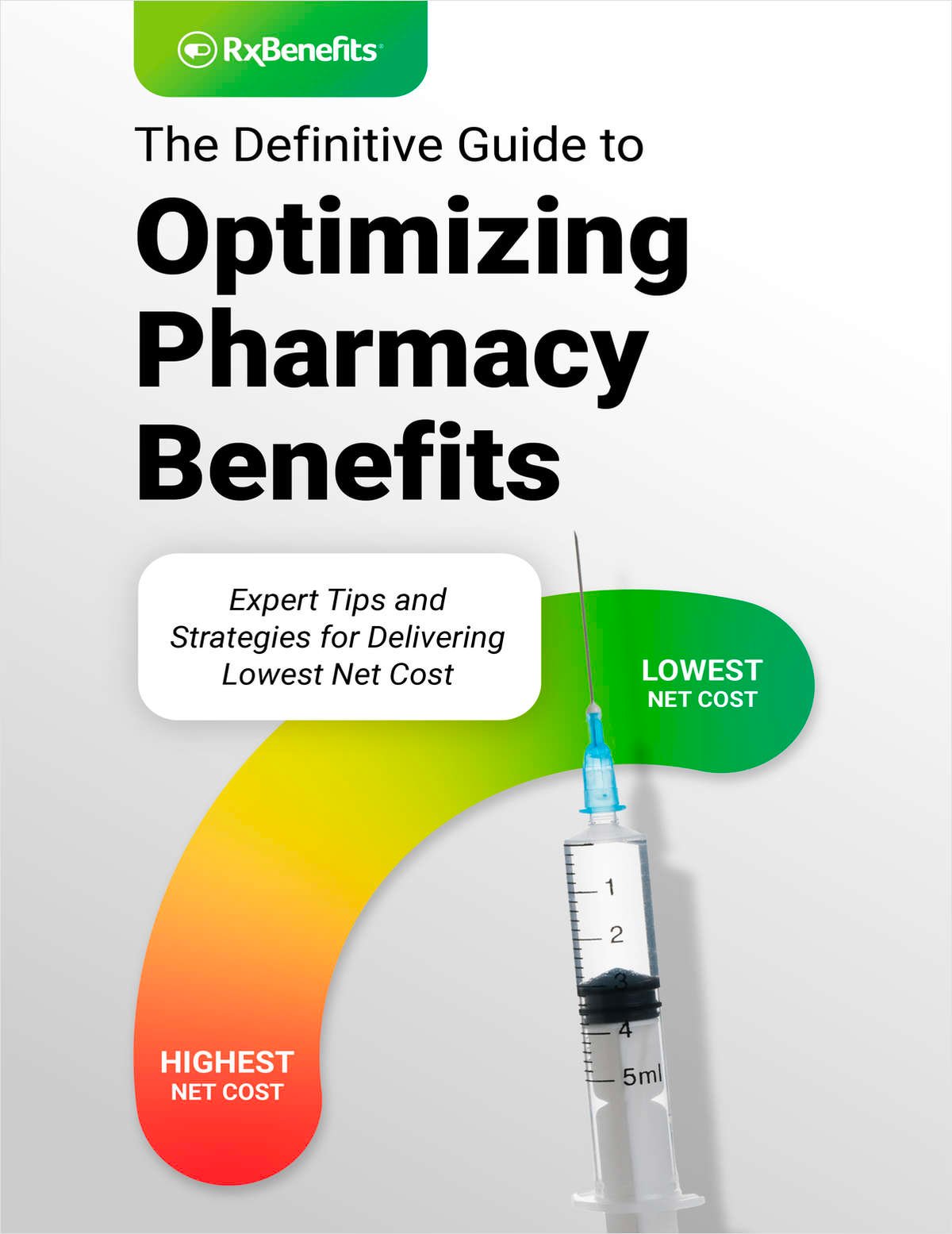The use of drugs in the U.S. workforce is causing plenty of woes for employers, but fighting the opioid crisis won't solve the problem by itself—the use of methamphetamines is up as well.
HRDive reports that studies are highlighting the increase in use of drugs other than opioids—meth among them. It cites a Quest Diagnostics study indicating that the use of meth among American workers has been rising since 2012, after it plateaued between 2008–2012.
In fact, since 2012, the study says, positive tests of methamphetamine rose 64 percent in the country's workforce. Even regulated jobs aren't immune, with positive meth tests rising 14 percent among federally regulated, safety-sensitive workers. And a recent drug testing report from the company also indicates that the use of both cocaine and marijuana are also up, "contributing to the highest positivity rate in 12 years."
Continue Reading for Free
Register and gain access to:
- Breaking benefits news and analysis, on-site and via our newsletters and custom alerts
- Educational webcasts, white papers, and ebooks from industry thought leaders
- Critical converage of the property casualty insurance and financial advisory markets on our other ALM sites, PropertyCasualty360 and ThinkAdvisor
Already have an account? Sign In Now
© 2024 ALM Global, LLC, All Rights Reserved. Request academic re-use from www.copyright.com. All other uses, submit a request to [email protected]. For more information visit Asset & Logo Licensing.








